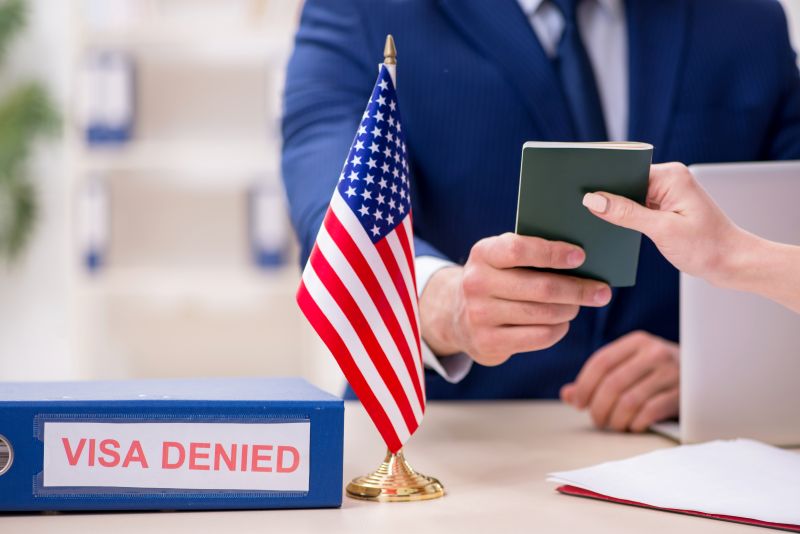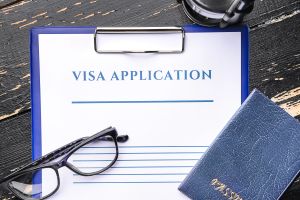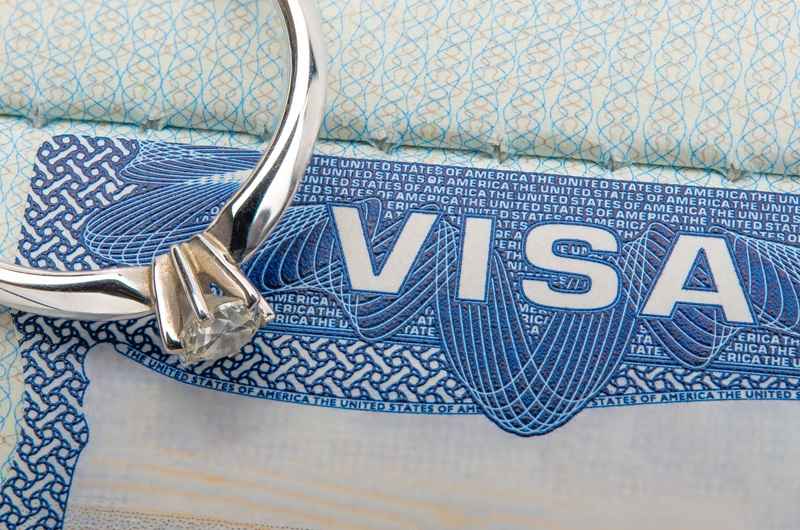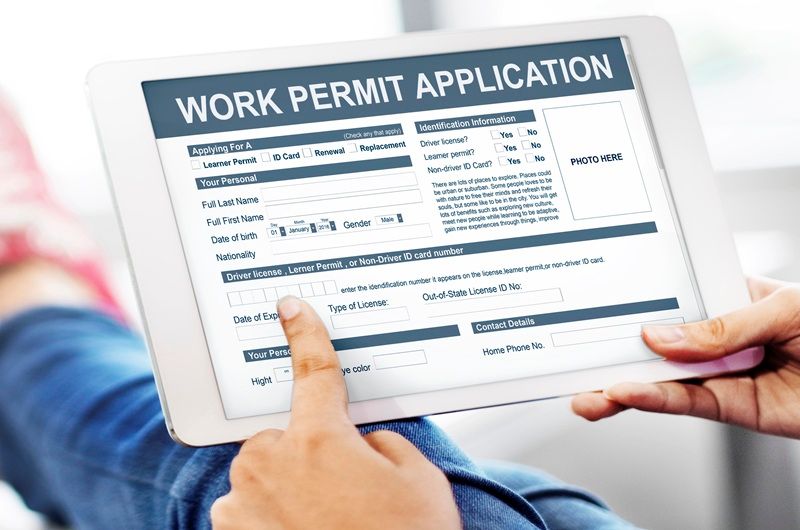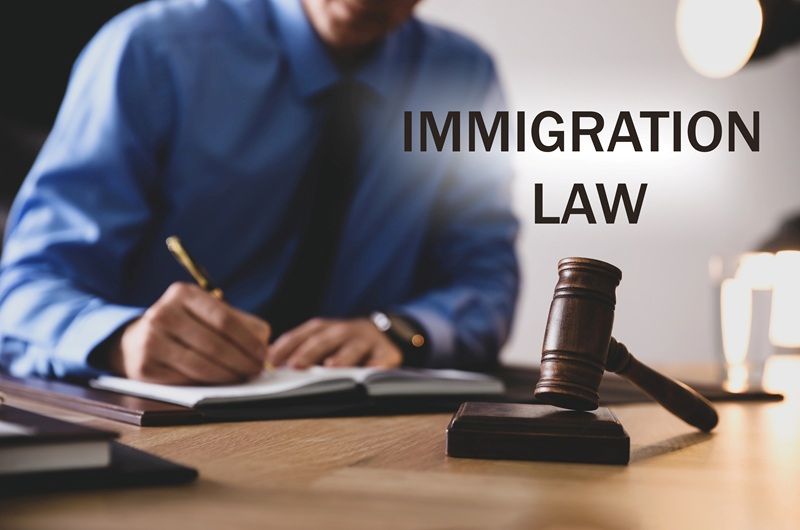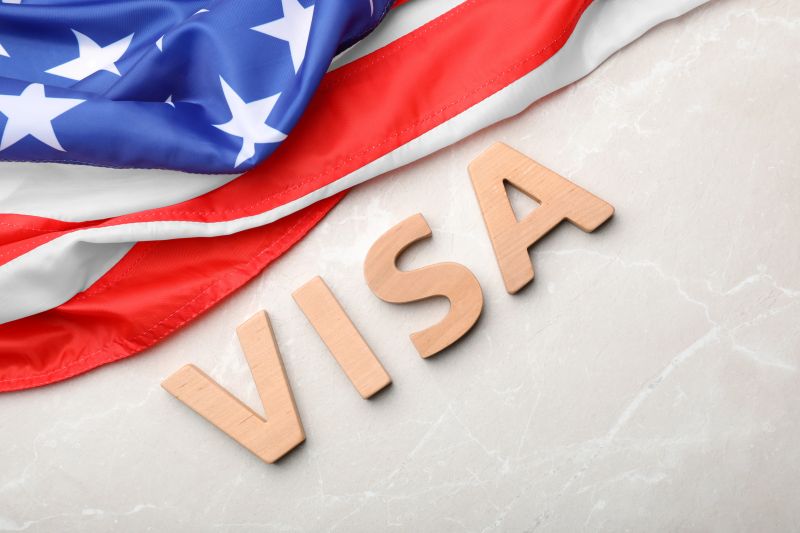
What To Do If Your F1 Visa Application Is Rejected
Applying for an F1 Visa is an exciting step toward pursuing education in the U.S. However, receiving a rejection can feel discouraging and leave applicants unsure about their next move. The good news is that a Visa denial does not mean the opportunity is lost. With the right adjustments and careful preparation, applicants can improve their chances of success.
This article explores the reasons behind F1 Visa rejections and the steps to take immediately after receiving a denial. It also discusses how Fort Worth Immigration Lawyers can provide support throughout the process.
Understanding Why F1 Visa Applications Get Rejected
Visa rejections often feel frustrating and unclear, leaving applicants wondering what went wrong. However, most denials result from a few common issues that can be addressed through better preparation. Understanding the reasons behind the rejection allows applicants to take informed action and avoid repeating mistakes.
- Incomplete Or Incorrect Documentation: Missing forms or mistakes in the application can lead to an automatic denial.
- Insufficient Financial Proof: Applicants must show they can pay for tuition, living expenses, and other costs during their stay.
- Weak Ties To The Home Country: Visa officers must be confident that applicants will return home after completing their studies.
- Unclear Purpose Or Poor Interview Performance: Applicants must clearly explain their educational goals and demonstrate that they fully understand their program.
The denial letter typically contains a code, such as 214(b) or 221(g), indicating the reason for rejection. Applicants should carefully review this to understand what aspects of their application need improvement. Addressing these factors is critical for success when reapplying. Next, learn the immediate steps applicants should take after a rejection.
Knowing The Immediate Steps After F1 Visa Rejection
Although a Visa rejection can be discouraging, it’s often an opportunity to strengthen your application. Taking the proper steps increases your chances of success when reapplying. Addressing the issues outlined by the consular officer is key to improving the outcome.
Review The Denial Letter
Carefully read the denial letter to understand the cause of your application’s rejection. It often contains a code explaining the reason, such as 214(b), for weak ties to your home country. Knowing the exact issue helps you avoid repeating mistakes. This is the first step toward building a more strategic application.
Fix Documentation Issues
Document errors are a common reason for denial. Review all forms, transcripts, and financial records for accuracy. Make sure nothing is missing or inconsistent. Correcting these errors reduces the chances of another rejection.
Prepare For The Interview
The Visa interview is critical to approval. Practice answering questions about your educational goals and study plans. Clear, confident responses help show your intent. A well-prepared interview can change the outcome.
Strengthen Financial Proof
Consular officers need proof you can cover expenses. Update your bank statements or sponsor letters. Show enough funds to cover tuition and living costs. Strong financial evidence supports your case. Taking these steps strengthens your application, but knowing when and how to reapply is just as important.
Fixing errors alone may not be enough to secure approval. A thoughtful, well-prepared reapplication increases the chances of success.
Reapplying After An F1 Visa Denial
Applicants can reapply after an F1 Visa denial, but success depends on timing and preparation. Addressing the reasons for rejection is critical before submitting another application. There is no required waiting period, but applicants should only reapply after resolving the issues that led to the denial.
Rushing can result in another rejection, while thorough preparation improves the chances of approval. Key steps include strengthening financial documents, clarifying educational goals, and practicing for the interview. Demonstrating improvement shows consular officers that the applicant is serious and better prepared.
Reapplying offers a chance to strengthen your case. Alternative pathways to U.S. education are worth considering for those exploring other options.
Exploring Alternative Education Pathways
Applicants facing F1 Visa rejections can explore alternative ways to continue their education. These pathways allow students to stay academically engaged while preparing for future visa applications.
Apply For Other Visa Types
Different Visa categories may align with educational goals. The M1 Visa supports vocational or technical studies, providing options for specialized training. The J1 Visa allows participation in exchange programs, offering short-term educational experiences in the U.S. without long-term academic commitments.
Pursue Online Or Hybrid Programs
Many U.S. institutions offer online or hybrid programs that enable students to begin their education from their home country. These programs allow students to progress academically while waiting to reapply for an F1 Visa, demonstrating continued education may strengthen future applications.
Start Abroad & Transfer Later
Applicants can start at a foreign institution and later transfer to a U.S. school. This path shows dedication to academic growth, which may improve the likelihood of F1 Visa approval. It also keeps students on track with their studies.
Exploring these alternatives helps applicants maintain momentum in their education. Professional legal support can improve the process and increase the chances of success for those planning to reapply.
Fort Worth Immigration Lawyers Can Assist
At Fort Worth Immigration Lawyers, we understand how frustrating an F1 Visa denial can be. Our team works with students to identify the reasons for rejection and strengthen their reapplication.
We start by thoroughly reviewing all documents to ensure accuracy and completeness. Our team helps applicants gather stronger financial proof and demonstrate ties to their home country. Mock Visa interviews help build confidence and improve communication.
For those facing administrative delays or procedural issues, we explore waivers and guide clients through appeals. We aim to help students overcome obstacles and successfully pursue their educational dreams in the U.S.
A rejected F1 Visa application can feel discouraging, but it is often a temporary setback. Applicants improve their chances of approval by understanding the reasons behind the denial and taking immediate corrective steps. Reapplying with stronger documentation and better preparation increases the likelihood of success. For those facing challenges, alternative education pathways provide valuable options.
Fort Worth Immigration Lawyers is a law firm that offers dedicated support. We help students address weaknesses, prepare for interviews, and strengthen their applications. With the right approach and legal guidance, studying in the U.S. remains a reachable goal.
Share this article
Latest articles
February 13, 2026
February 13, 2026
February 13, 2026
Categories


